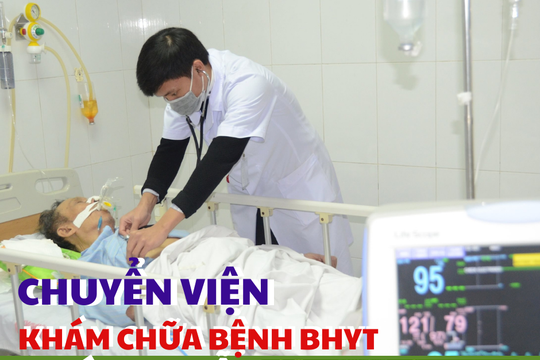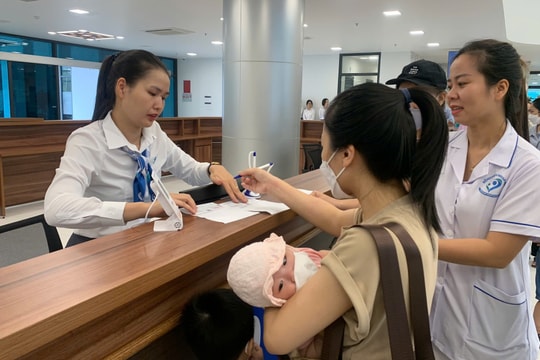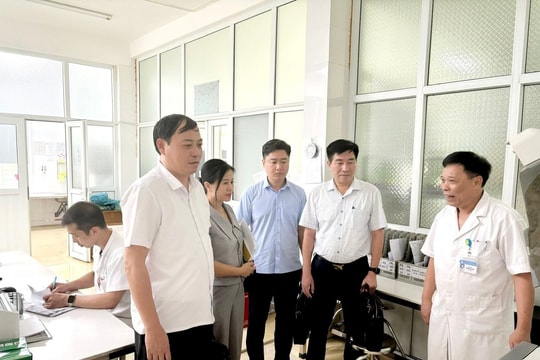Director of Nghe An Department of Health Le Thi Hoai Chung answered questions from provincial People's Council delegates
On December 6, at the 25th Session of the 18th Nghe An Provincial People's Council, Ms. Le Thi Hoai Chung - Director of the Department of Health answered questions on issues under the management of the sector.
The provincial leaders included comrades: Nguyen Duc Trung - Secretary of the Provincial Party Committee, Chairman of the Provincial People's Committee; Nguyen Van Thong - former Standing Deputy Secretary of the Provincial Party Committee, delegate of the Provincial People's Council; Vo Thi Minh Sinh - Member of the Provincial Party Standing Committee, Chairwoman of the Vietnam Fatherland Front Committee of Nghe An province and comrades of the Provincial Party Standing Committee, Provincial Party Executive Committee, Vice Chairmen of the Provincial People's Council, Provincial People's Committee, Deputy Head of the Provincial National Assembly Delegation.
Comrades: Hoang Nghia Hieu - Standing Deputy Secretary of the Provincial Party Committee, Chairman of the Provincial People's Council; Nguyen Nam Dinh - Member of the Standing Committee of the Provincial Party Committee, Standing Vice Chairman of the Provincial People's Council; Nguyen Nhu Khoi - Member of the Provincial Party Executive Committee, Vice Chairman of the Provincial People's Council chaired the meeting.

The Provincial People's Council conducted questions and answers on a group of issues regarding the implementation of the autonomy mechanism in public hospitals in the province at present; the situation of providing medicine and medical examination and treatment services under health insurance for health insurance patients, especially patients with serious illnesses and poor patients, ethnic minority and mountainous areas; the implementation of the target on combating malnutrition in children in the province for the period 2021-2025.
46 medical examination and treatment units are autonomous at all levels
Reporting to the Provincial People's Council, Ms. Le Thi Hoai Chung - Director of the Department of Health said that currently, the sector has 1 unit with autonomy in self-guaranteeing regular expenditures and investment expenditures (group I); 18 units with autonomy in self-guaranteeing regular expenditures (group II); 18 units with autonomy in self-guaranteeing part of regular expenditures (group III) and 9 units with regular expenditures guaranteed by the State.
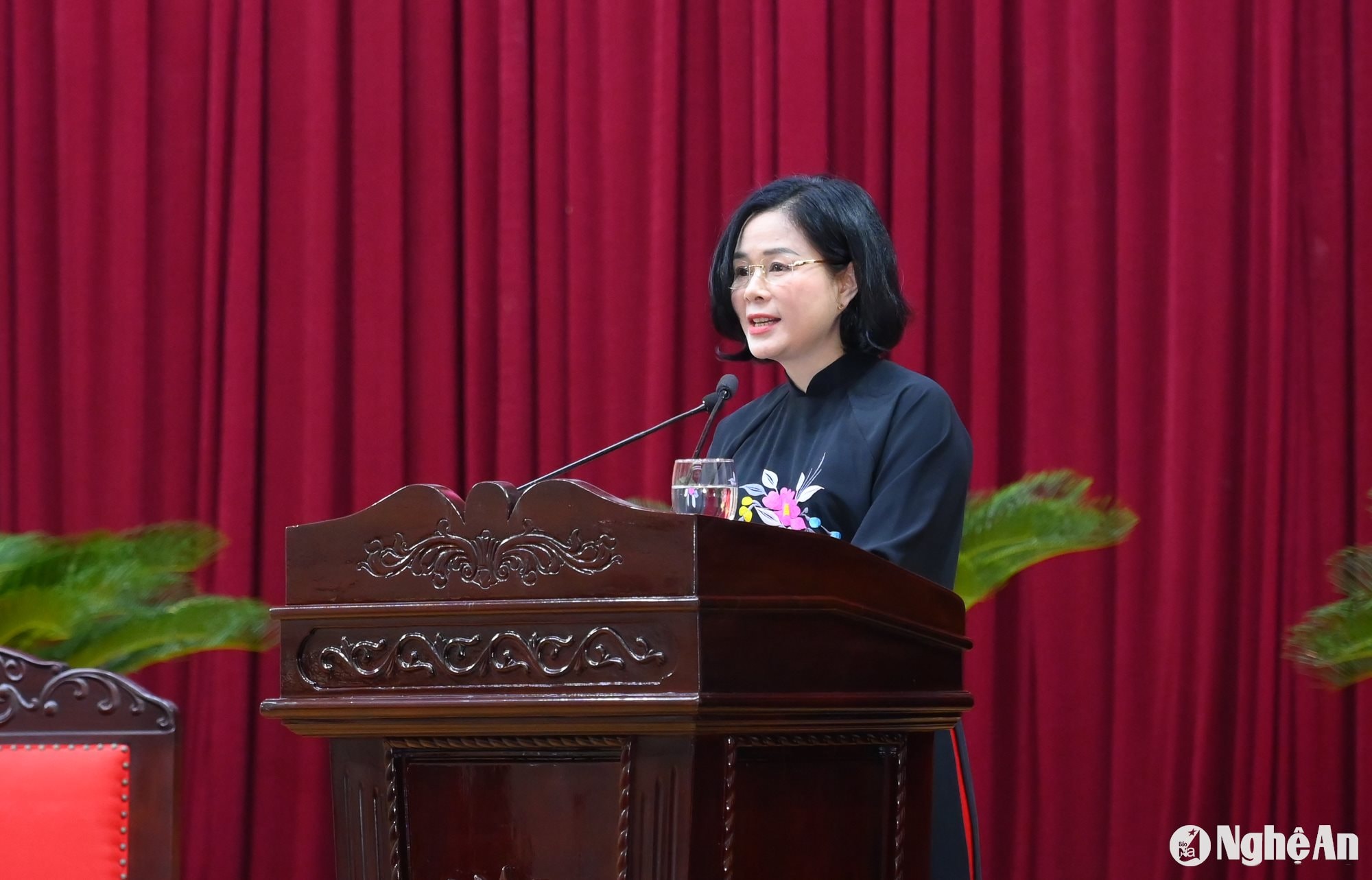
Many hospitals have shifted from a “service” mindset to a “service provision” mindset, gradually satisfying patients. The implementation of the autonomy mechanism has helped reduce salary payments for 8,978 civil servants and employees from the annual budget, such as in 2023, it is about 1,000 billion VND.
The implementation of providing health insurance examination and treatment services for health insurance patients, especially patients with serious illnesses and poor patients, ethnic minority and mountainous areas continues to receive attention, gradually meeting the needs of patients.
In the province, there are more than 531 health examination and treatment facilities covered by health insurance covering all levels. In the Northwest and Southwest regions, there are 2 provincial general hospitals providing many essential medical services for people in mountainous areas.
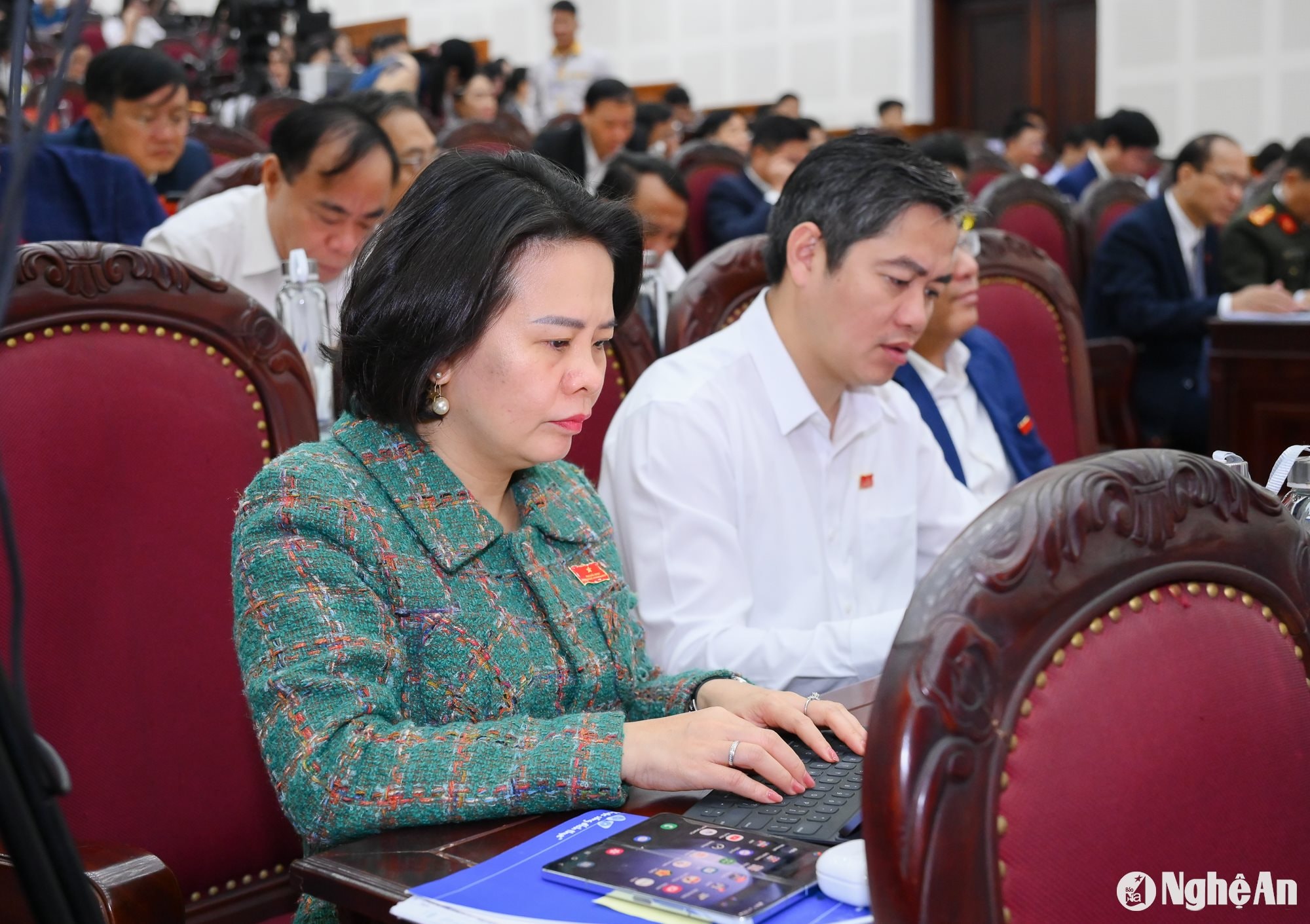
In 2024 (as of November 2024), there will be more than 5.3 million health examinations and treatments covered by health insurance. The cost of medical examinations and treatments is more than VND 5,330 billion, of which health insurance covers nearly VND 4,817 billion. At 10 medical examination and treatment facilities in mountainous areas, the cost of technical services also accounts for 48% of the total cost.
The health sector has been active and proactive in implementing bidding and purchasing activities to ensure sufficient medicine for the people. Health units have closely followed regulations and have been proactive and active in planning, budgeting, and organizing bidding and purchasing.
In the first 9 months of 2024, medical facilities used 6,447 items with a total drug cost of about 928 billion VND. The bid winning rate reached over 75%, basically meeting the needs of medical examination and treatment for people.
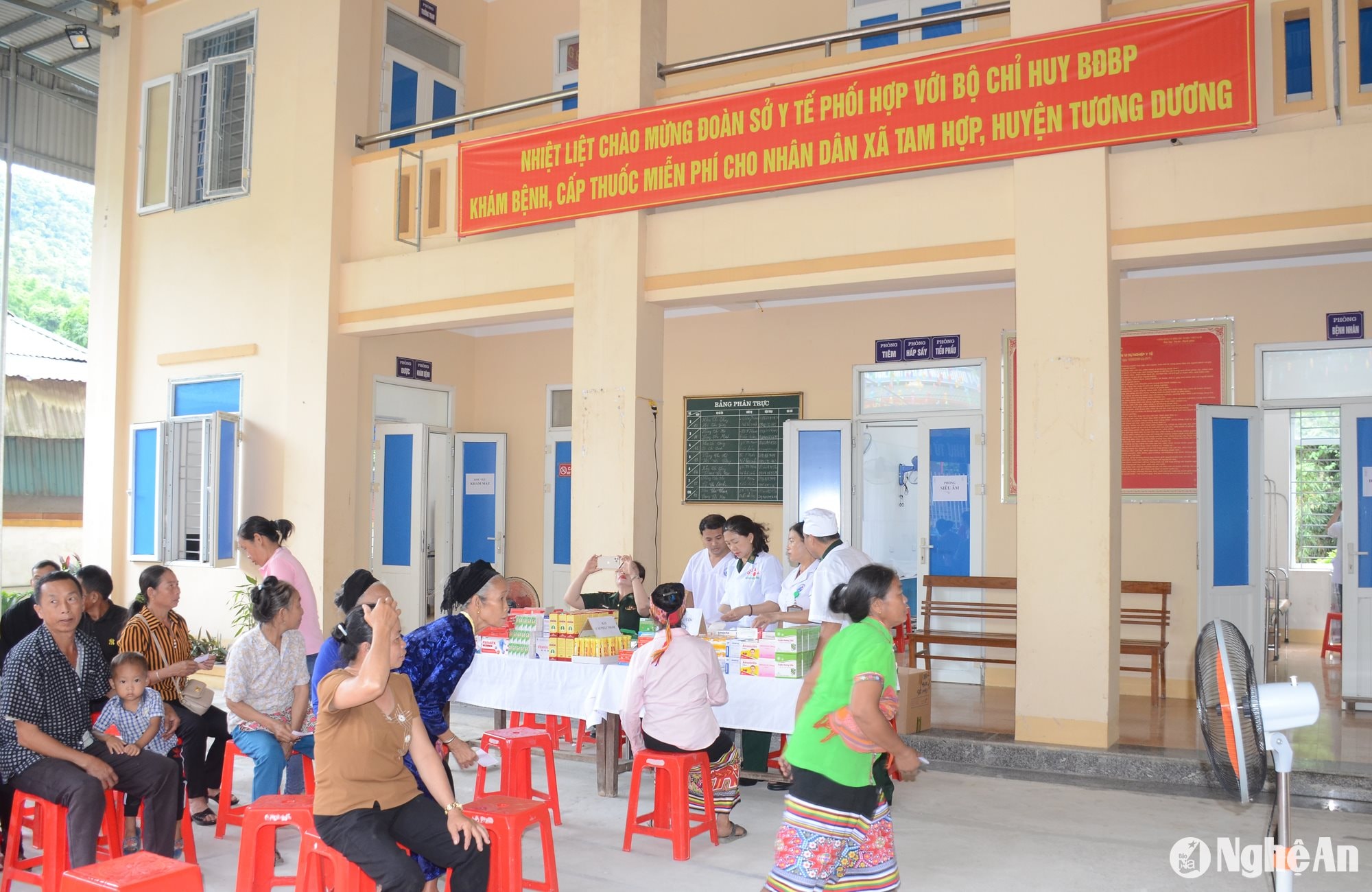
In addition, the health sector has actively implemented synchronous solutions to improve nutrition. The annual rate of child malnutrition has gradually decreased according to plan.
Specifically, the rate of underweight malnutrition in 2021 was 15.2% down to 13.9% in 2023, and is estimated to be 13.0% in 2024, achieving the target assigned by the Provincial People's Council.
Supply of drugs and supplies in some medical facilities is still lacking.
Besides the achieved results, Director of the Department of Health Le Thi Hoai Chung said that medical examination and treatment still has certain difficulties and challenges.
The supply of drugs and materials for medical examination and treatment at some medical facilities is still lacking, affecting medical examination and treatment and the rights of patients.
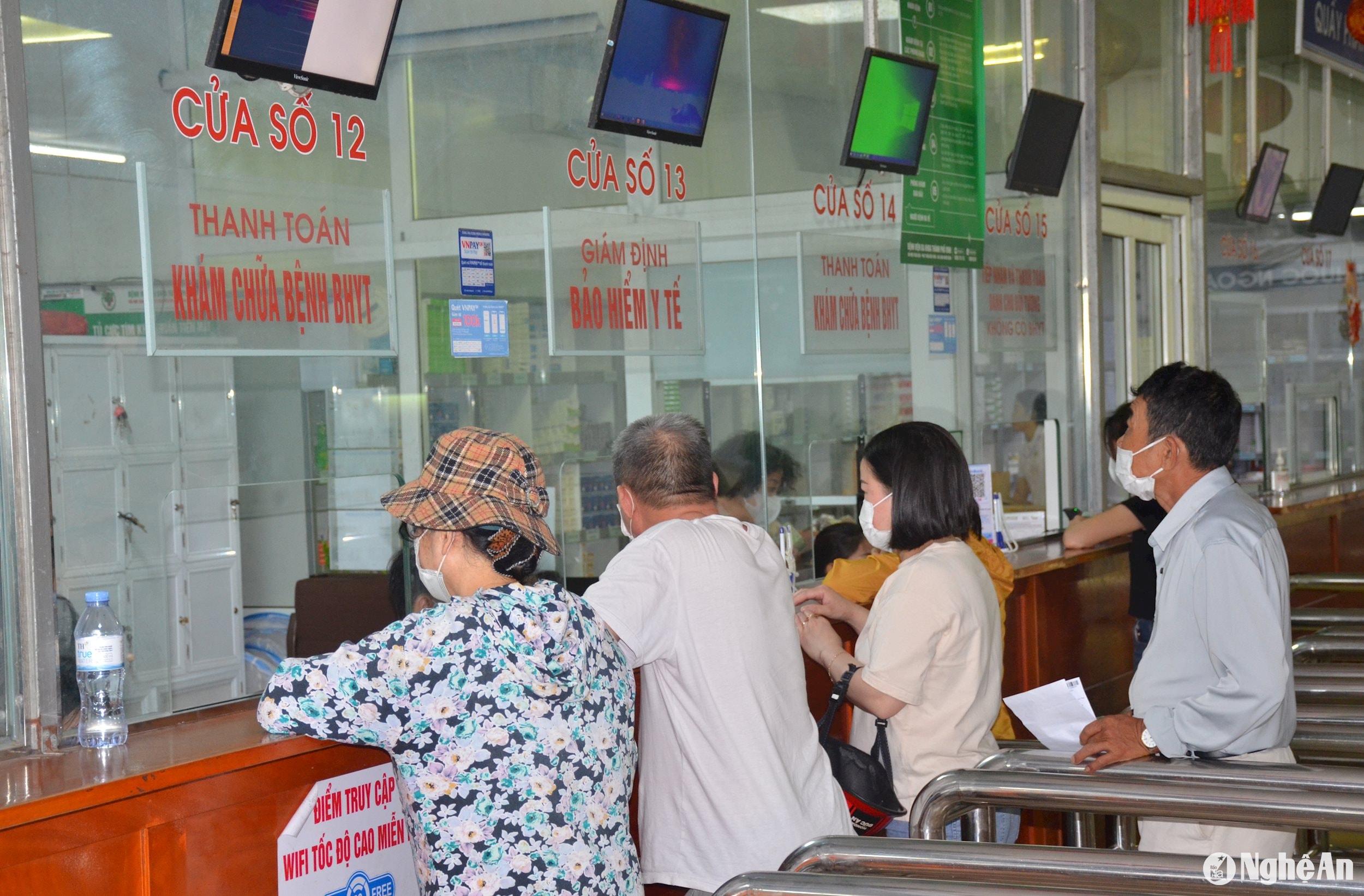
Some medical facilities in mountainous areas have not yet deployed many techniques. Many units still lack human resources, facilities, and high-tech medical equipment. Overcrowding still occurs in some provincial and district hospitals.
Some leaders lack dynamism, creativity, and experience in management, while the unit must implement a financial autonomy mechanism, leading to low efficiency in implementing tasks, affecting the work of medical examination and treatment for people.
Although malnutrition rates have decreased, they remain higher than the national average, especially stunting.
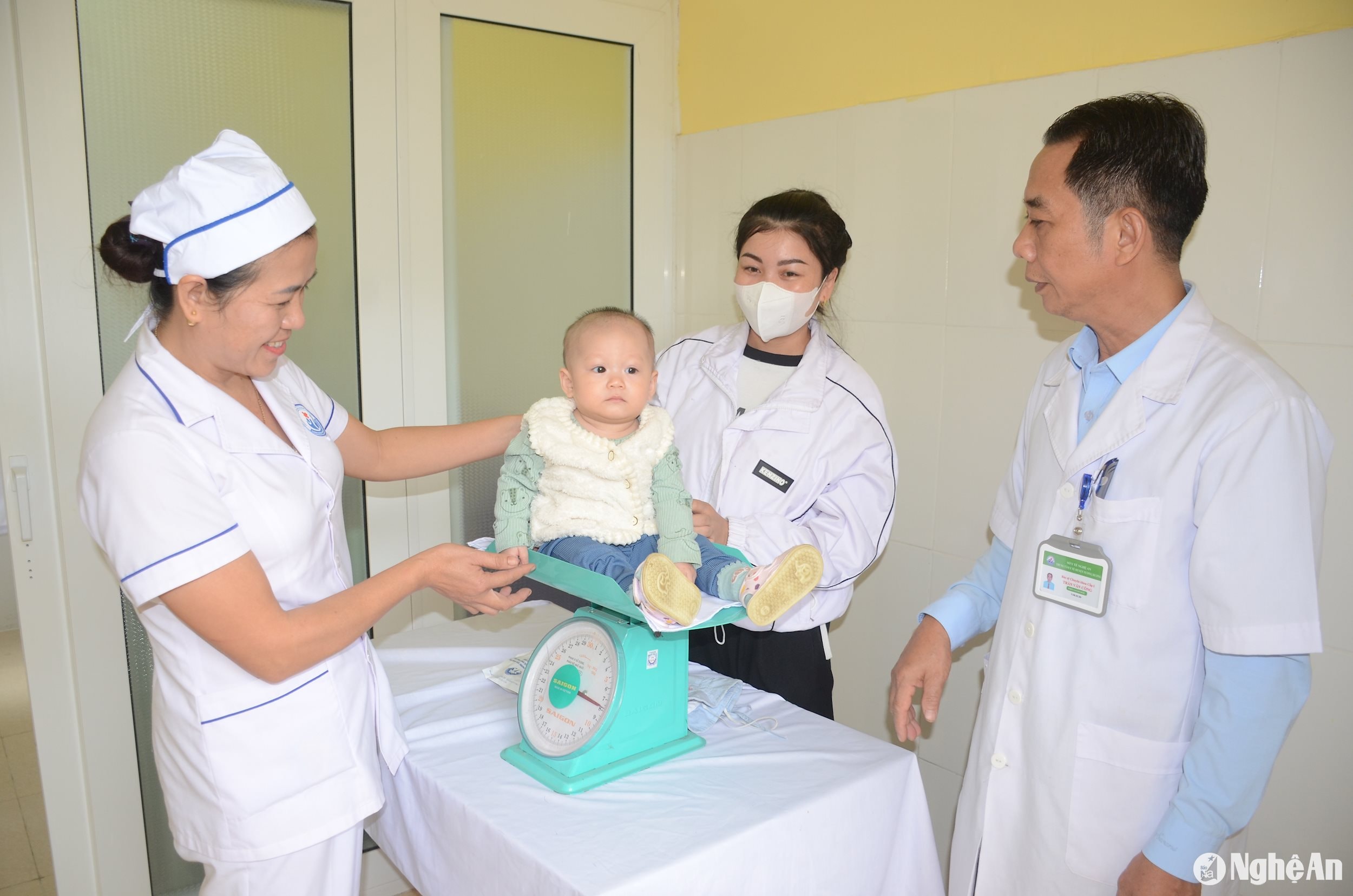
According to Ms. Le Thi Hoai Chung, the health sector is currently facing a number of difficulties and challenges. The consequences of the Covid-19 pandemic still affect medical examination and treatment, such as: the supply chain of drugs, materials, chemicals, and medical equipment is broken, affecting the results of procurement and bidding...
Changes in mechanisms and policies also cause some difficulties and problems, especially in bidding for drugs, equipment, and health insurance payments.
The price of medical examination and treatment services has not been calculated correctly and sufficiently; the basic salary has increased, but the price of services has not been adjusted promptly. The settlement of health insurance payments is still slow. Since the implementation of autonomy, the budget for investment in health care has decreased significantly...
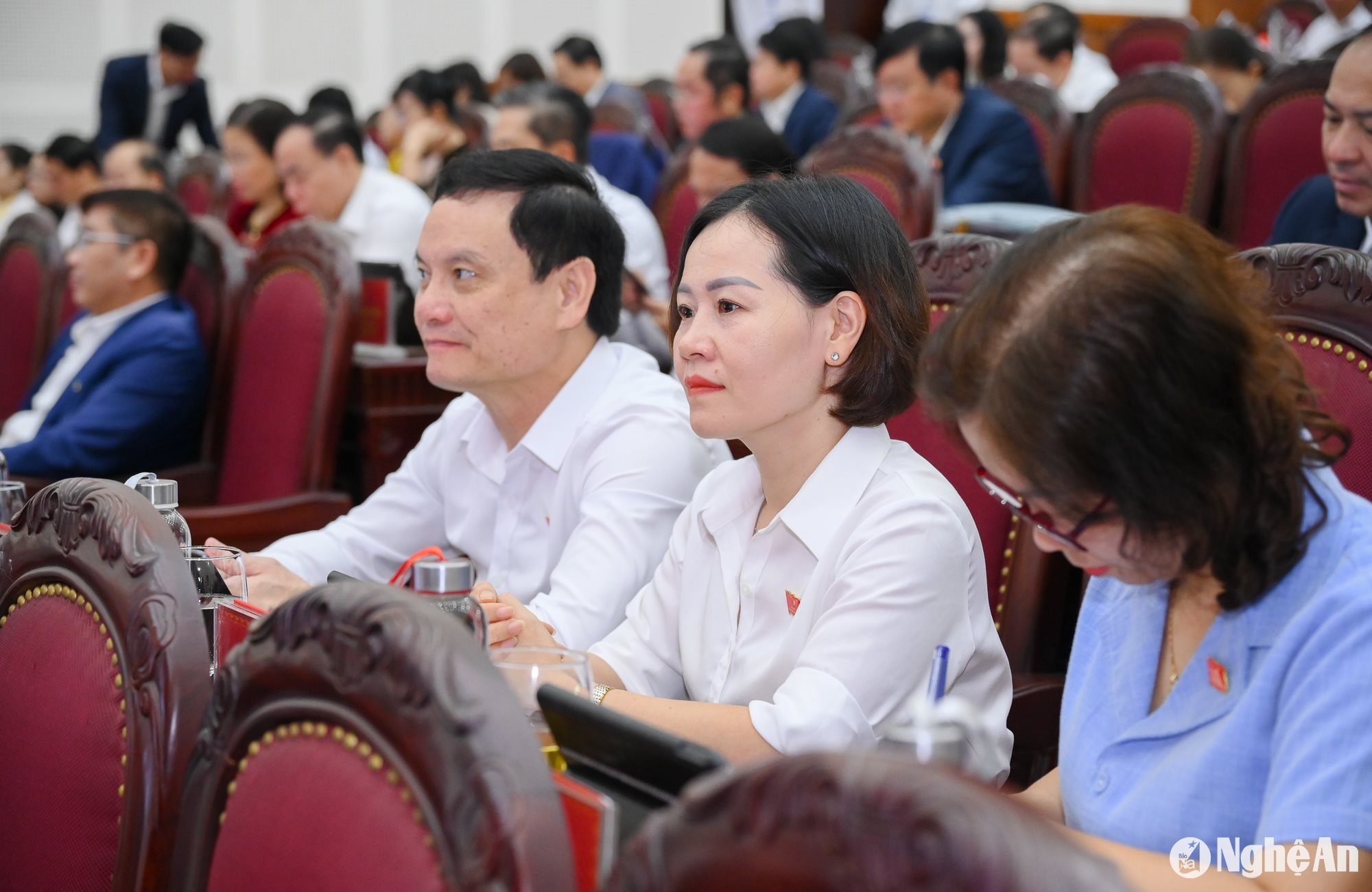
While medical facilities must perform two tasks in parallel: implementing the autonomous mechanism and ensuring social security in medical examination and treatment, this causes difficulties for medical facilities.
Nghe An is a province with a high rate of malnutrition, difficult economic conditions, and some localities have not fully recognized the importance of nutrition, leading to limited investment in this field.

.jpg)
